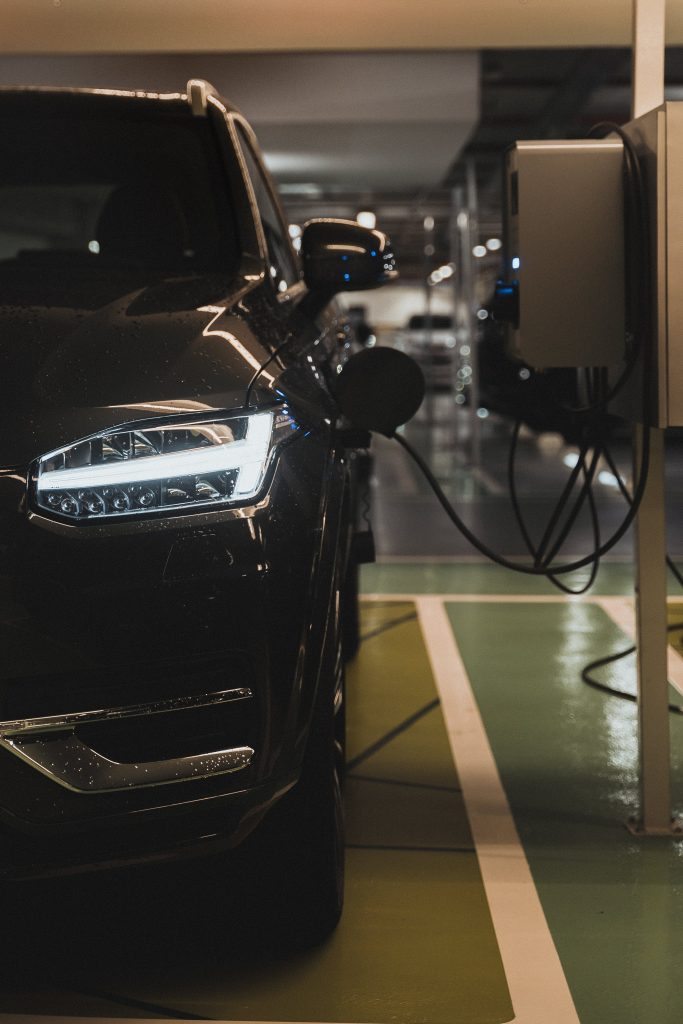In a breakthrough that radically compresses battery innovation timelines, Microsoft and Pacific Northwest National Laboratory scientists have pioneered a novel solid-state electrolyte using artificial intelligence. The material allows lithium batteries to operate with up to 70% less of the increasingly precious silvery metal, heralding a new era of electric vehicle energy storage.
Nicknamed “white gold” as demand surges beyond sustainable production, experts warn of looming lithium shortages as early as 2025 that threaten climate goals. Meanwhile, mining’s massive water demands and lasting environmental damages raise serious ethical issues. Yet virtually overnight, AI screened over 32 million compounds, identifying 18 lithium-reduced candidates within a week. In just 9 months, one electrolyte formulation lit up a lightbulb.
“This is the future of this kind of science,” said Microsoft’s Jason Zander, noting comparisons to past innovations like electricity or the telephone. Researchers agreed that AI and supercomputing will drive discovery of once unimaginable solutions to deficiencies like lithium’s anticipated deficits.
But while able to power lights, lab-scale outputs often exceed commercial viability. As such, more R&D is underway to optimize real-world performance before mass production. Still, demonstrating the ability to dramatically cut lithium reliance marks one of the most promising battery advancements in years.

As electric vehicles are integral to reducing emissions, lithium limitations loom as massive obstacles to a renewable renaissance. Yet by accelerating conventional timelines 100-fold, Microsoft and PNNL’s breakthrough suggests even wicked shortages may catch sparkling solutions. With AI-empowered discovery now in practitioners’ grasps, their serendipitous electrolyte invention foreshadows an era where innovation outpaces deficits.
In pioneering lithium-alternative energy storage, researchers have set the stage for cheaper, safer, higher-performing batteries just as EV makers ramp up manufacturing. And by proving the power of artificial intelligence to rapidly conquer chemistry riddles, their work signals that technology may soon outpace the most threatening bottlenecks en route to a clean energy future.
Copyright©dhaka.ai
tags: Artificial Intelligence, Ai, Dhaka Ai, Ai in Bangladesh, Ai In Dhaka, USA



